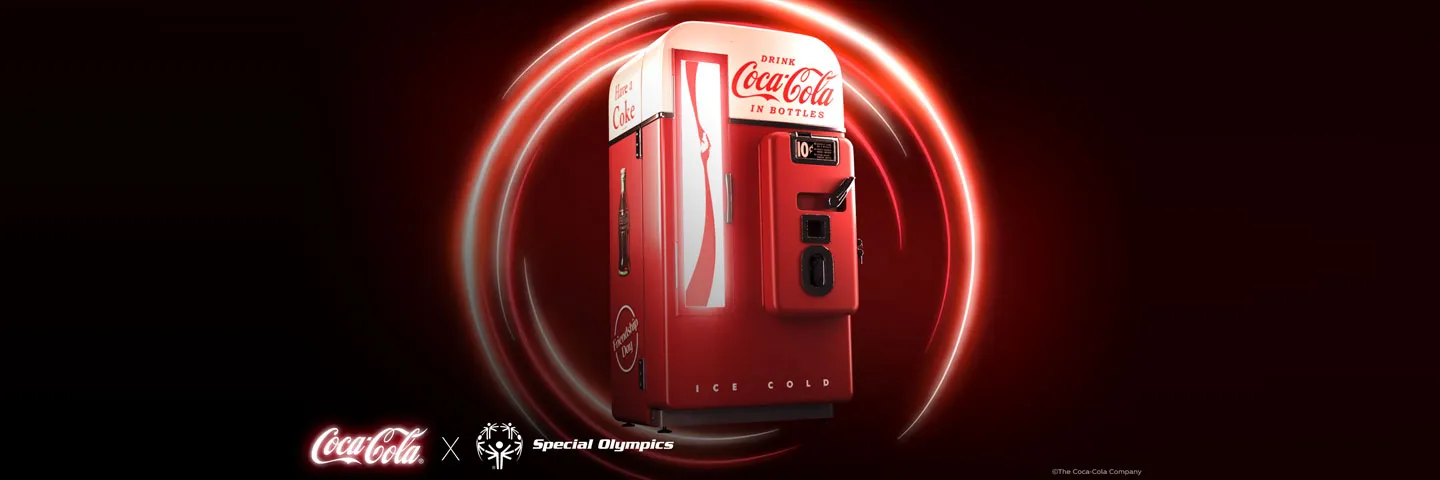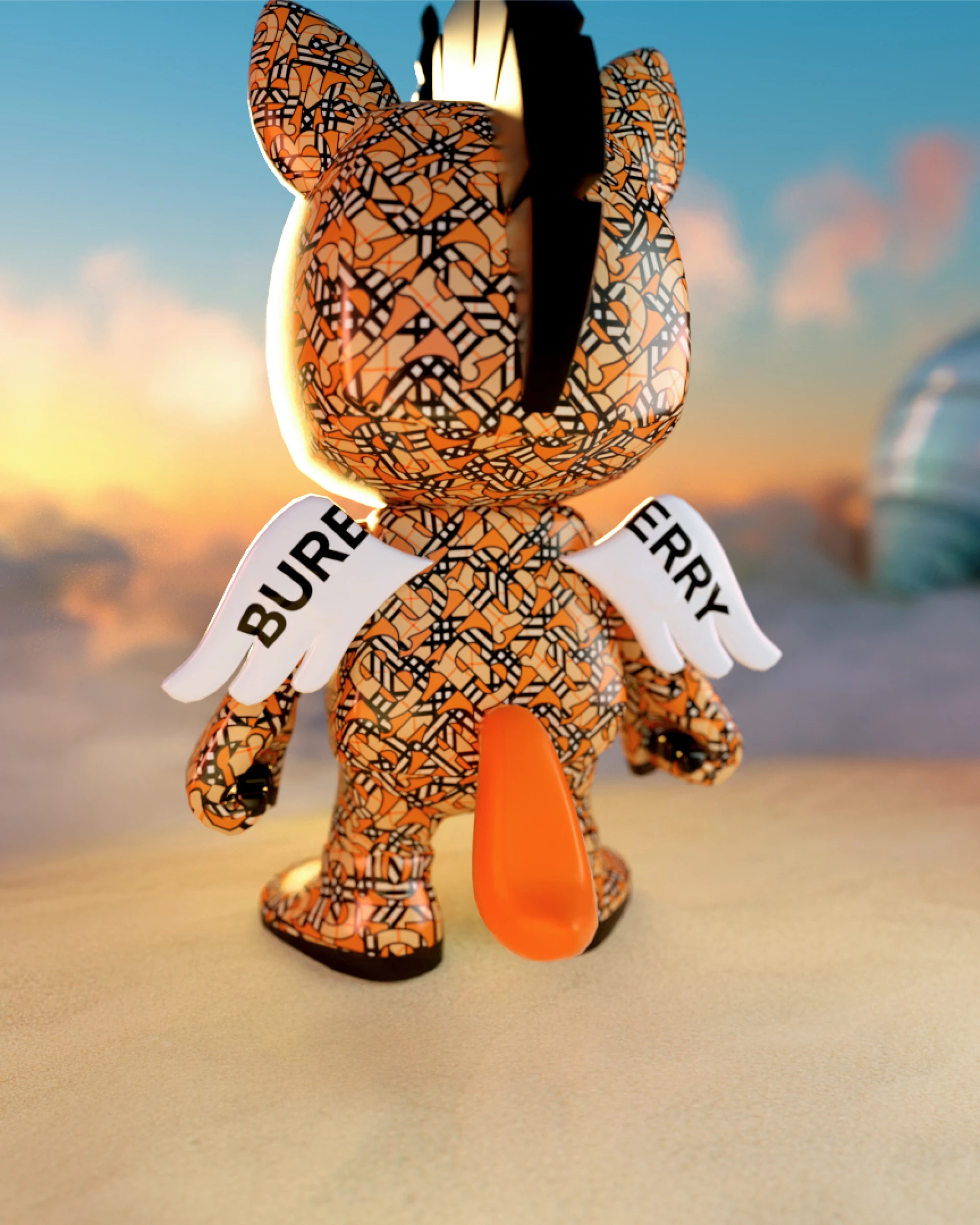Introduction
Love it or hate it, business digitalization is only just beginning and has already left its mark on most parts of our professional lives. It’s no longer possible for businesses to ignore it, especially when it comes to how we engage with our audiences. With the rise of NFTs (non-fungible tokens) in recent years, we’ve noticed new branding trends—ways to expand your brand’s visibility—that have come along with it.
This new intersection between digital assets and marketing strategy gives brands a whole new opportunity to build lasting impressions and stronger relationships with their users. Let’s examine how NFT branding can reshape your brand visibility and engagement and show you new and exciting ways to connect with your audience.
What Are NFTs?
NFTs, or non-fungible tokens, are exclusive digital assets verified through blockchain technology. Unlike fungible tokens (like Bitcoin) that are interchangeable and can be traded on a one-to-one basis, NFTs are unique and can’t be exchanged at the same base value.
They’re essentially the ownership of a specific digital thing: music, art, virtual real estate — you name it — making it extremely popular amongst collectors and fans alike.
And when we say ‘popular,’ we really mean it: Back in 2021, Twitter (now X) co-founder Jack Dorsey sold his first-ever Tweet for $2.5m — just one of many examples showing the power of NFTs.
Since NFTs also provide a record of ownership, ensuring the authenticity (and uniqueness) of the digital asset, they are invaluable for artists, brands, and consumers, creating entirely new ways to make, sell, and interact using digital content.
How NFT Technology Works
NFTs are based on blockchain technology, a decentralized digital ledger that records transactions across several computers so that the registered transactions can’t be changed retroactively. Creating an NFT involves ‘minting,’ where a digital asset is transformed into a unique token on the blockchain.
This process ensures the origin and ownership of the asset, granting security and trust for both its creators and buyers. The blockchain technology supporting NFTs also ensures that every token is unique and valid, providing a level of authenticity that is important for trust and safety in digital transactions.
For brands entering this space, partnering with a branding agency for tech companies can help ensure these technological capabilities translate into clear, user-focused brand value. From a business perspective, NFTs offer ways for brands to create digital identities and, at the same time, connect with their audience on a new level.
A musician can release an album as an NFT, allowing fans to buy a unique copy of the music that includes exclusive content or experiences — creating a new revenue stream for the artist and a unique way for fans to engage with them. This is true for any commercial business, where brands can use NFTs to create personal experiences for their users and prospects.
The Benefits of NFT Branding
There are many ways for your brand to get a more significant chunk of your market, and NFT branding presents a unique way for brands to differentiate themselves in their industry. Here are some key benefits:
1. Uniqueness and Exclusivity
NFTs allow brands to build unique digital collectibles that can’t be copied, giving users a sense of exclusivity and value.
A fashion brand could release a limited edition NFT collection with virtual clothing items (to be used in virtual platforms or games, giving users a unique way of expressing affiliation with the brand), or a tech company could create limited visuals that are granted to top clients or partners to show appreciation. The exclusivity of these items is also what drives demand and helps build brand visibility.
2. Enhanced Engagement and Loyalty
NFTs can greatly reward customers with exclusive content, assets, or special privileges — fostering customer engagement and loyalty.
As you’re offering NFTs as part of a loyalty program, brands can create a tangible benefit for consumers: A coffee chain could create NFTs for returning customers that unlock special rewards like discounts or events. This incentivizes repeat business and strengthens the emotional connection and community the brand and its customers share.
3. New Revenue Streams
Brands can sell digital assets for additional revenue streams. These could be things like digital art pieces, merchandise, or digital collectibles. A sports team could, for example, create NFTs from memorable moments in its history.
Fans could then purchase these NFTs, supporting the team through a new source of revenue while also directly engaging with their favorite team—and even owning a part of its history.
4. Improved Brand Visibility
Using NFTs in branding campaigns can enhance brand recognition and visibility, attract new audiences, and increase brand awareness. A car manufacturer could create an NFT series around the design evolution of its vehicles.
Tokens could be part of a larger marketing campaign, highlighting the brand's innovation and heritage. Oh, and as you add NFTs to your marketing strategies, especially as a more traditional company, you can capture the interest of tech-savvy consumers and find new audiences in a more digital landscape.
5. Intellectual Property Protection
NFTs provide secure ways to prove ownership and protect intellectual property, which helps reduce the risk of fakes and unauthorized use. For example, an author could write a book and publish it as an NFT, making sure that every copy sold is an authentic representation of their work.
This wouldn’t just protect the author's intellectual property and provide readers with a verifiable way to support the writer. This type of security and transparency, included in blockchain technology, makes NFTs a great way to protect and manage digital assets.
Key Strategies for Effective NFT Branding
You’ll need to use a few strategic approaches to feel the full potential of NFTs. To get started, try a few of these:
Rewarding Loyal Customers with NFTs
Brands can boost customer engagement and build more trust by offering NFTs as loyalty rewards. These could include exclusive access to certain events, early product releases, or unique digital assets that are only available to returning customers.
How to do it: A clothing brand could offer limited digital tokens that unlock discounts or early access to a new collection. This strategy wouldn’t just reward loyal customers and create a sense of exclusivity (and PR) that can drive future brand loyalty and repeat business.
By offering unique digital assets as part of a loyalty program, brands can create more connections with their users and incentivize continued engagement.
Hosting NFT Auctions and Giveaways
Hosting NFT auctions and giveaways can create a real buzz and attract a bigger audience. Brands can auction unique digital assets like rare art pieces or virtual experiences to the highest bidder. Giveaways can also be a great way to engage consumers by offering them a chance to win unique digital collectibles.
How to do it: A beauty brand could host an NFT auction in which the winning bidder is granted access to a virtual beauty consultation with an expert makeup artist. This would generate excitement and a valuable experience for the winner while also giving the brand a great opportunity to be directly linked with a famous makeup artist. It would be a win-win.
Creating Digital Collectibles
Brands can also create digital collectibles that showcase their products or brand values. These collectibles can be sold or distributed to fans and users, providing new ways to engage with the brand.
How to do it: A toy company could create NFTs representing their popular action figures. These NFTs could then be part of a much larger marketing campaign, including physical products and other exclusive online content, boosting sales online and offline.
Using NFTs for Exclusive Content
Brands can use NFTs to create exclusive content for their customers, such as behind-the-scenes videos, limited-edition art, or unique virtual experiences.
How to do it: A YouTuber or a movie studio could release NFTs that give people exclusive content from upcoming videos or movies — like footage or interviews with the cast and crew. This wouldn't just provide fans with unique and valuable experiences and enhance brand visibility and engagement.
Successful NFT Branding Campaigns
Since they first hit the market, tons of major brands have integrated NFTs into their branding strategies and seen massive success. Here are just a select few of them:
1. Coca-Cola
A Coca-Cola NFT campaign was based on the creation of unique digital collectibles that celebrated International Friendship Day. Part of the campaign was NFT art pieces and exclusive digital tokens that gave fans a unique way to engage with the brand. This initiative enhanced their brand recognition and created a new revenue stream through NFT sales.

Coca‑Cola to Offer First-Ever NFT Collectibles in International Friendship Day Charity Auction (Image Source)
Coca-Cola's innovative use of NFTs demonstrates how brands can use digital assets to build memorable and engaging experiences for their audience.
2. Prada
Prada's way into NFTs saw the release of a limited series of digital fashion items. These NFTs were designed to work well with their physical products, giving consumers a unique digital experience that bridged the physical and digital worlds while enhancing brand visibility and consumer trust.

Prada presents the new Timecapsule NFT Collection. Each drop is linked to both a limited edition physical product and a gifted NFT. (Image Source)
The campaign also included loyalty programs with exclusive content and privileges for NFT holders. Prada's use of NFTs shows us the potential for fashion brands (and beyond) to create amazing digital experiences that resonate with a wider audience.
3. Burberry
One Burberry NFT campaign focused on virtual fashion within the gaming world. As they created NFT-based digital fashion items for popular games, Burberry managed to tap into a growing market of digital assets while — at the same time — crossing over to a more techy audience.

The Burberry Blanko NFT (Image Source)
This smart approach boosted brand recognition and positioned Burberry as a forward-thinking company, demonstrating how brands can use digital assets to connect with new audiences and create engaging experiences.
Future Trends in NFT Branding
All things digital are volatile and ever-changing, and that same is true for the NFT space. That being said, the future of NFT branding is really promising, with a whole lot of trends expected to shape the landscape in the years to come:
Technological Advancements
As blockchain technology evolves, NFTs will become even more accessible and adaptable, allowing brands to try new and creative ways to engage with their audience and generate revenue.
These advancements will also make NFTs much more efficient and easier to use, creating even more possibilities for brands to use digital assets in their marketing strategies.
This could be improvements in blockchain scalability and transaction speed, allowing brands to create more complex and interactive NFT experiences, which could be even more impactful for customer engagement.
Consumer Trends
With increasingly increasing interest in digital ownership and virtual experiences, especially amongst younger audiences, consumers are looking for brands offering unique digital identities and assets.
Brands that are good at adapting to these trends will come out on top. Also — as consumers become increasingly comfortable with this type of digital ownership — they’ll look for brands that can provide unique and valuable digital experiences.
Trends like these present a real opportunity for brands to build innovative NFT-based products and services that cater to an increased (and growing) demand for digital assets, which will only grow over time.
Integration with Traditional Branding
Like all new and successful technologies, NFTs will eventually pair with traditional branding efforts, creating a natural bridge between physical and digital experiences.
This hybrid approach will improve overall brand visibility and engagement, and as you integrate NFTs with your everyday branding strategies, you’ll be able to create a more cohesive and immersive experience for your customers.
Conclusion
NFT branding offers a unique and forward-thinking way to present your brand and connect with your audience. Brands can use it to reward loyal customers, host engaging auctions and giveaways, and generally establish a presence in the digital world more easily than ever before. Brands that embrace this digital revolution will be well-positioned for future successes, no matter how NFTs change.
If you’re already looking to navigate this exciting new frontier, working with a specialized branding agency can give you the expertise needed to implement effective NFT branding strategies.
Whether you're looking to improve visibility or create some nice digital assets that resonate with your audience, the opportunities that come with NFT branding are amazing.
Feel free to contact us if you’re interested in using the unique capabilities of NFTs to create lasting impressions and build strong relationships with your customers or if you’re just interested in chatting more about it. We’re always happy to chat.
Jul 23, 2024
